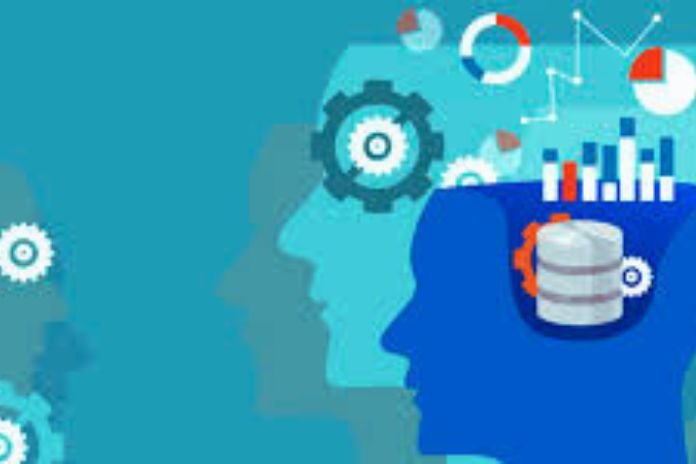Have you ever received product recommendations based on your preferences? Have you seen ads that seem to guess what you’re thinking? All of that (and more!) is machine learning.
Machine learning, or machine learning, is a term proposed in the late 1950s. It was coined by MIT (Massachusetts Institute of Technology) engineer Arthur Samuel. It is part of the artificial intelligence (AI) field and focuses on building algorithms and technologies. These can learn from large masses of data, automating the construction of analytical models.
We have witnessed the growth of consumer interest in increasingly relevant and individualized experiences. Thus, machine learning has become a powerful tool to meet these demands. In digital marketing, it plays an important role:
- in the segmentation of audiences;
- in personalization;
- in the purchase of media;
- in creative optimization;
- in the automation of various processes.
The machine can acquire knowledge from past tasks. With ever-increasing data, decision-making accuracy increases and contributes to business growth.
The Evolution Of Machine Learning
Since 1950, there has been an evolution of machine learning thanks to new computational technologies. The machine gained the ability to apply complex mathematical calculations to big data automatically. Here are some examples of machine learning applications:
- online search engines
- Data collection and analysis
- spam detection
- Organization and classification of information
- Automation solutions
- Biometric and voice recognition
- recommendation systems
- surveillance systems
- Robots and autonomous vehicles
Importance Of Machine Learning
Machine learning is undoubtedly one of the most important advances that digital technology has given us: machines and computers that help to perform, with precision, tasks that are too laborious or with a high incidence of human error.
All this makes it possible to produce models capable of analyzing increasingly complex data. They deliver fast and accurate results, even on a large scale. Thus, organizations are more likely to identify profitable opportunities and avoid unknown risks. This is why machine learning tends to gain relevance progressively.
Advantages Of Machine Learning For Digital Marketing
There are many ways to use machine learning in digital marketing and make the most of your data.
This is not something far from your reality. When browsing Google, Instagram, or Netflix, these technologies impact your daily life. Check out some:
Improved User Segmentation
Digital marketers need to learn about customers over time by measuring activity. A machine can assimilate all metrics and measure them in seconds. In addition, apply the findings of these analyses to your marketing efforts.
A More Personalized Customer Experience
With improving targeting comes the need to create a more personalized experience. Do you know where your customer is in the funnel? Then you can offer the ad and content best suited to their stage and preference.
Machine learning can use data such as search histories and habitual actions. It combines them with behavioral data and searches from similar users to suggest more products or services.
Creative Optimization
Knowing the ideal position, color, and size of a CTA or image, among other characteristics, is something we can experiment with through A/B testing. However, this method is often limited to a single variable. Machine learning allows marketers to test multiple variables anytime, providing insights into the most effective one.
Process Automation
A marketing campaign involves several processes, some of which are practical and recurring. By automating these tasks, marketers free up time to focus on issues that require human intervention. The result is a streamlined and effective process with fewer errors and a greater ability to handle complex and strategic tasks.
A few decades ago, computers that learn independently sounded like science fiction, although this technology is already a little old lady. And today, here we are, talking to virtual assistants and getting used to self-driving cars.
Where are we going? There are no limits. What is certain is that artificial intelligence and machine learning have made a significant impact and are certainly here to stay. Believe me: we are still at the beginning.
